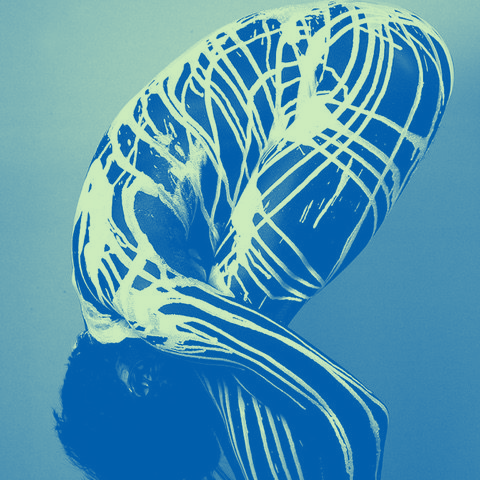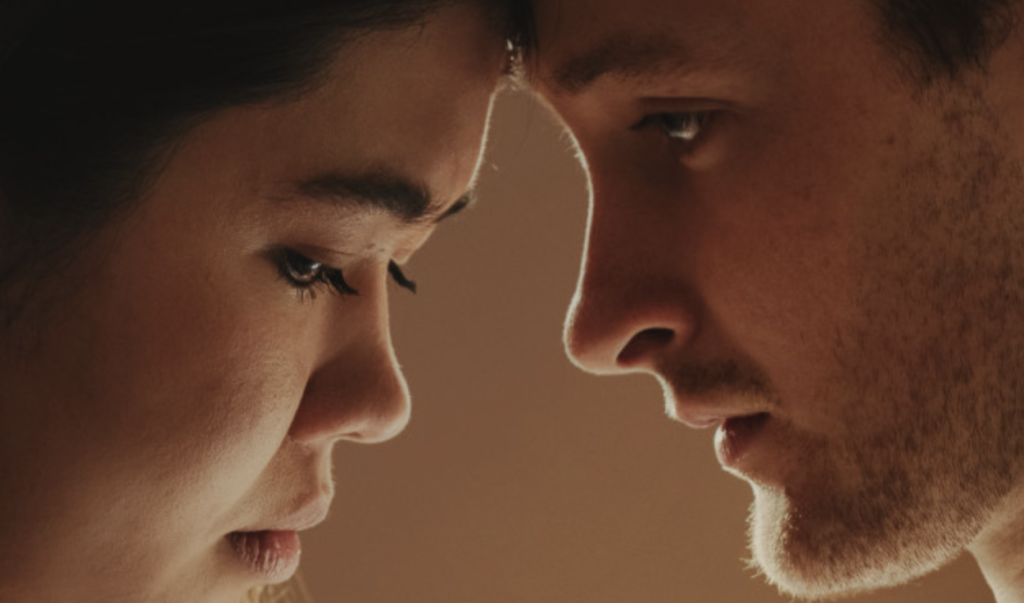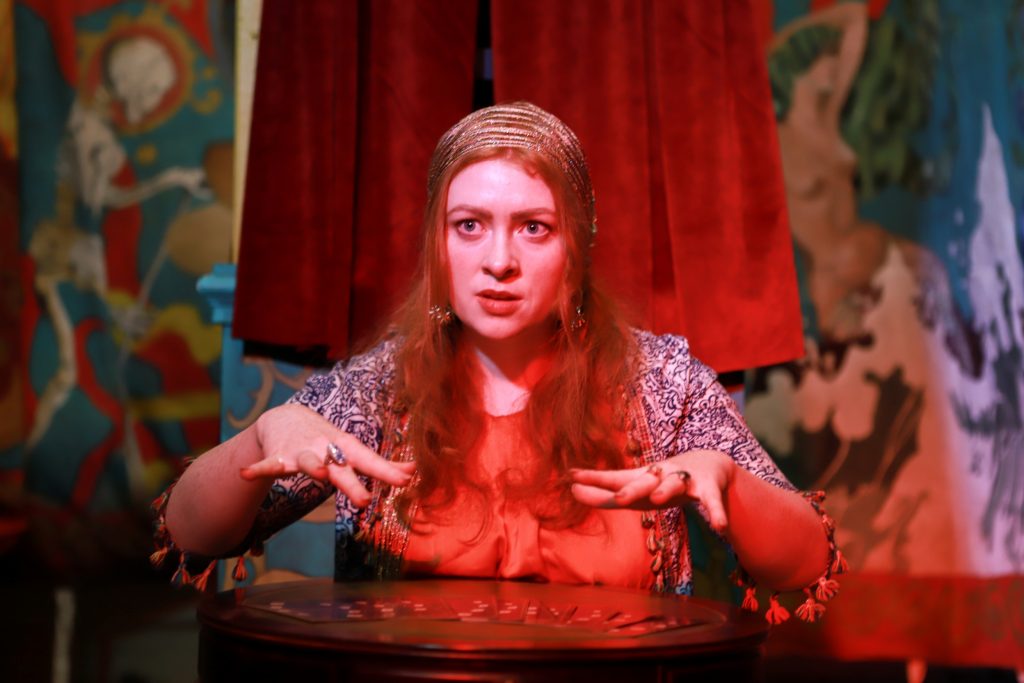
‘Mental Illness is Not a Crime’ // Claire Fitzpatrick
‘Mental Illness is Not a Crime’ was immersive.
If the past year has taught us anything, it is that being adaptive is crucial. The arts industry particularly knows this to be true. It is befitting that Anywhere Festival is celebrating its tenth birthday this year as its very essence lays within the realms of adaptability. You need not look further than Claire Fitzpatrick’s ‘Mental Illness is Not a Crime’ to find evidence of this.
Set in the cozy studio of Fortitude Valley’s Elements Collective, Fitzpatrick invites audiences into an interactive experience of the senses. Drawing inspiration from the increasingly popular phenomenon of ASMR (Autonomous Sensory Meridian Response), Fitzpatrick curates a calming atmosphere for guests to become in tune with their minds, bodies, and souls.
Walking into the studio, guests are greeted with an array of ‘workstations’ not dissimilar to a kindergarten playroom. Jelly, lemons, lollies, pebbles, brushes, combs, and other tactile treasures lay scattered throughout the room. A bean bag chair sits in the corner balancing two noise-cancelling headphones inviting people to rest in soothing silence. Tarot cards lay at the entrance of a small teepee resonating with the sound of brass bell chimes. Fluffy toys line the inside of a children’s tent, beckoning guests to rest for a moment. Small tubs of paint and water align sheets of white paper for anyone feeling artistic and willing to offer their body as a canvas.
The aim of ‘Mental Illness is Not a Crime’ is to allow audiences to just ‘be’ for an hour. With a tranquil, meditative soundtrack resonating throughout the room, guests are encouraged to engage with whichever stations take their interest and offer them the most calming effects.
Fitzpatrick’s own experiences with stress and anxiety led her to ASMR for relief and peace. The phenomenon has seen a rise in popularity over the past decade thanks to its growing platform on YouTube. The calming ‘tingles’ associated with ASMR offer those who experience them a sense of relaxation, reprieve, and positivity. Common triggers of ASMR include whispering, tapping, crinkling, and hand movements (among many others). In calming the senses, ASMR strives to also calm the mind, body, and soul – something Fitzpatrick draws heavily upon throughout ‘Mental Illness is Not a Crime’.
Fitzpatrick further illustrates her understanding of adaptability (particularly in ASMR) by allowing audiences to immerse themselves in the experience however they wish. ASMR triggers are personal. What triggers one person may not have the same effect on another, and visa versa. Those who choose to engage in body painting may find not only a sense of creativity, but also a sense of harmony with others around them.
While the ASMR experiences may be personal, Fitzpatrick skillfully constructs the atmosphere to be collaborative and immersive. In nurturing the one, we are nurturing the all. The quiet brilliance of ‘Mental Illness is Not a Crime’ lies within this knowledge – it is self-directed and immersive for this exact reason.
People, like ASMR itself, are autonomous. Finding what relaxes you (in mind, body, and soul) is a personal journey for which no one else can dictate. People merely adapt to their surroundings to allow for the best restorative experience possible. After the past year, it is all the more important to take time to enjoy the quiet confines of calmness, particularly in aid of our mental health. After all, as Claire Fitzpatrick astutely points out, it is not a crime to do so.
‘Mental Illness is Not a Crime’ exhibits as part of the Anywhere Festival lineup until Saturday, 8 May 2021 at Elements Collective. For more information, or to purchase tickets, visit the Anywhere Festival website.






